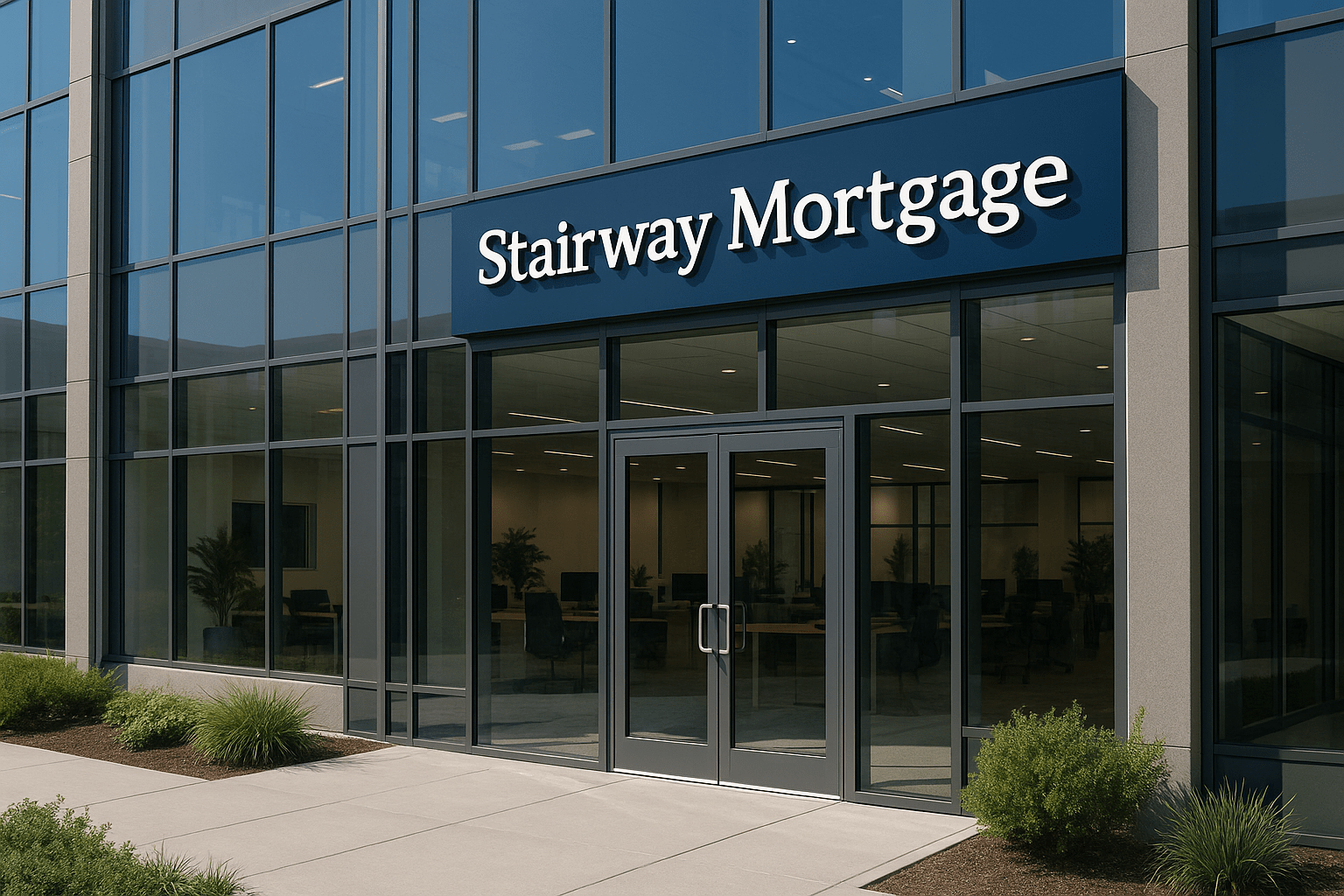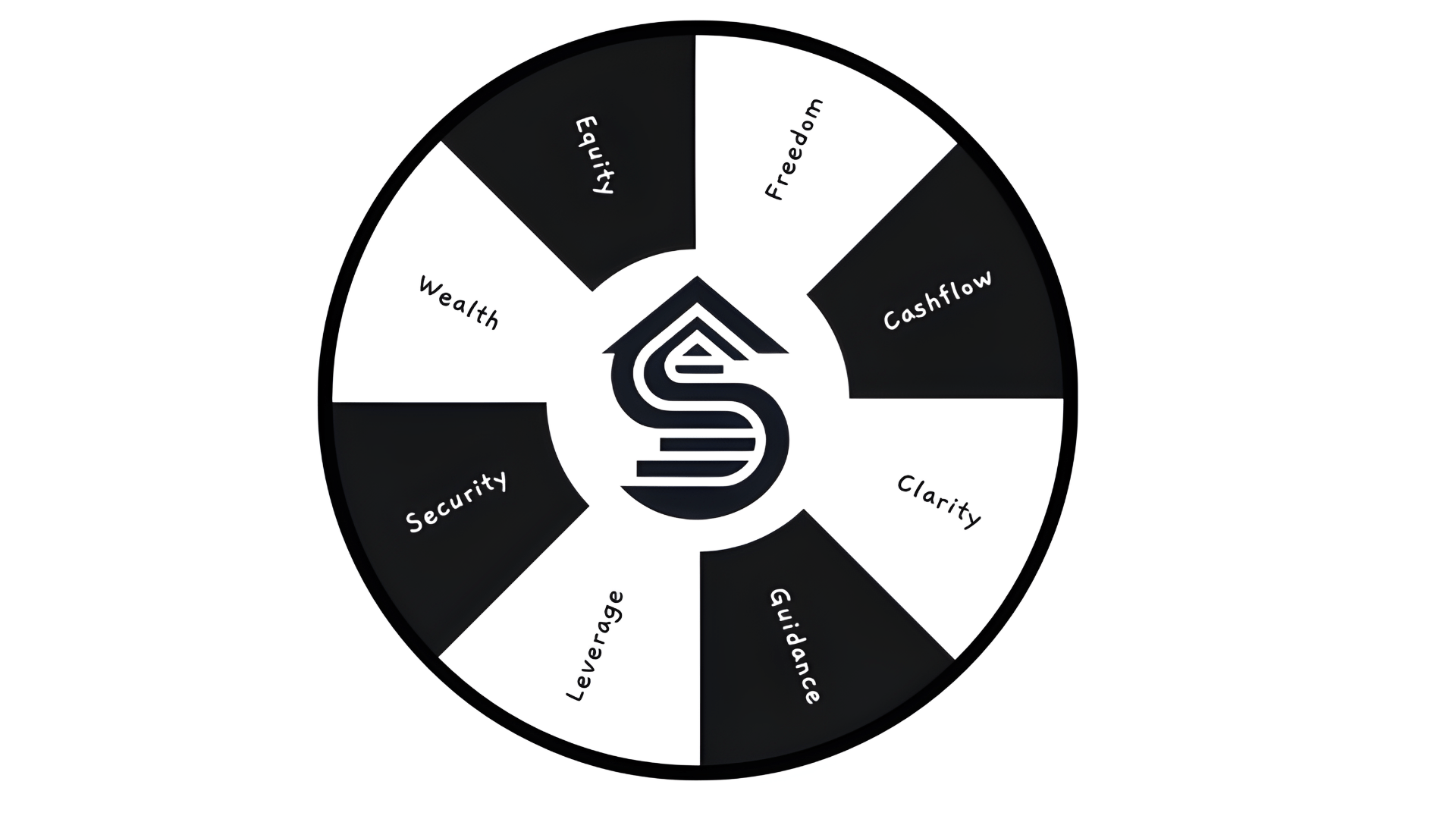Improve Credit Score for Mortgage: 92 Points in 60 Days to Qualify
Improve Credit Score for Mortgage: 92 Points in 60 Days to Qualify

How to Improve Credit Score Fast for Home Loan Approval
Whether you’re learning this at 18 or teaching your teenager, understanding how to improve your credit score for mortgage approval shapes your financial future. A strong score doesn’t just help you qualify—it determines whether you’ll pay tens of thousands extra in interest or keep that money building wealth.
In this guide, you’ll discover:
- Why mortgage lenders use different credit scores than what you see on apps (according to CFPB guidelines)
- The exact week-by-week system that can boost your score quickly
- Which credit-building strategies work fastest for mortgage approval (based on FICO scoring models)
- How authorized user accounts can help young adults start strong (following FTC consumer protection rules)
- Real tactics that address all three credit bureaus simultaneously
The difference between a marginal score and a strong score could mean qualifying for better loan programs, lower rates, and building wealth faster through homeownership.
Ready to take action on your credit? Schedule a call to discuss your specific situation with a loan advisor who can guide you through the process.
What Credit Score Do You Actually Need for a Mortgage?
Most credit apps show VantageScore or educational scores that are convenient but misleading. Mortgage lenders use FICO 2, 4, and 5—older, more conservative models that often run lower than your phone shows.
Lenders pull reports from all three bureaus: Equifax, Experian, TransUnion. They use your middle score to qualify you. Scores of 680, 705, 720? You’re evaluated at 705—not the highest.
Different loan programs have different thresholds. FHA loans are often most accessible for first-time buyers and younger borrowers. Conventional loans require higher scores but offer long-term flexibility. VA loans serve military with no down payment. USDA loans help eligible rural buyers with zero down.
The gap between marginal and strong scores translates directly into monthly payment and how much home you can afford.

Why Improving Your Credit Score for Mortgage Matters More Than Other Loans
Mortgage underwriting is different. Lenders scrutinize payment history more carefully because they’re lending larger amounts over longer periods. A single late payment from two years ago still impacts your mortgage score today.
Payment history accounts for the largest portion. Any payment 30+ days late gets reported and stays seven years. This is why teaching young adults to automate payments matters—it builds mortgage-ready credit, not just credit.
Credit utilization comes next. Using more than a third of available credit signals risk to lenders nervous about adding mortgage payments to your obligations.
Length of credit history matters significantly. Young adults and those rebuilding face challenges. The solution? Start early—ideally in teenage years through authorized user accounts—so when you’re ready to buy, you have established history.
See how this worked in this FHA loan case study, where a first-time buyer successfully purchased despite limited credit history.
The 60-Day Credit Improvement System: Week-by-Week Action Plan
Most credit repair advice is vague. “Pay your bills on time” and “don’t max out your cards” are true but unhelpful. What you need is a specific, sequenced plan that targets the factors mortgage lenders actually weight.
Weeks 1-2: Audit and Baseline
Pull your free reports from all three bureaus at AnnualCreditReport.com—the only truly free source authorized by federal law. Review every account. Dispute errors through each bureau’s website.
Check your credit utilization. Add up total credit limits and balances. Above the threshold? You’ll fix this next phase.
Identify helpful vs. harmful accounts. Old accounts with perfect payment history boost your score. Recent late payments drag it down.
Use a mortgage calculator to see how different score ranges affect your payment and loan amount.
Goal: Clear picture of where you stand, disputes filed for errors.

Weeks 3-4: Strategic Paydowns and Adjustments
This is where you make the biggest impact fastest. Deploy available funds strategically.
Pay down high-utilization cards first. Focus on cards where you’re using more than half the limit. Getting below threshold has immediate impact. You don’t need to pay them off completely.
Request credit limit increases on cards with good payment history. Many issuers will increase limits online without hard inquiries. This lowers utilization instantly without changing balances. Just don’t use the new credit.
For those with family support, parents can add you as authorized user on old, well-managed cards. The positive history typically reports within 30-60 days. This helps young adults build credit length without established history.
Goal: Utilization below threshold on all cards, limits increased where possible, authorized user accounts added.
Weeks 5-6: Optimization and Buffer Building
By now you should see movement. This phase reinforces gains and prepares for mortgage application.
Avoid new credit applications completely. Every hard inquiry costs points and signals new debt to lenders. Don’t apply for new cards, finance furniture, or let dealers run your credit.
Set up automatic payments on everything. Automate minimums as insurance against late payments—the fastest way to tank improving scores.
Keep old accounts active but not utilized. Put small recurring charges on older cards and set up autopay. This keeps them reporting positively without adding utilization.
Explore which loan programs match your improving profile. Conventional loans might now be accessible, or better FHA terms. Use the FHA loan calculator to model scenarios.
Goal: Score trending up, no new inquiries, all accounts in good standing.
Weeks 7-8: Pre-Approval Ready
You’ve done the work. Now position yourself for pre-approval.
Gather documentation: pay stubs, bank statements, tax returns if self-employed, proof of non-traditional income. Young adults need gift letters if parents contribute to down payment.
Avoid major financial moves. No large deposits, purchases, or job changes. Lenders want stability.
Understand debt-to-income ratio. Strong credit isn’t enough if existing debts plus mortgage exceed acceptable ratios. Sometimes paying off a car loan matters more than paying down cards for qualification.
For Smart Stewards families with co-signing or down payment help, formalize arrangements now. See how families navigate this in our down payment assistance case study.
Goal: Pre-approval ready with improved credit, documentation organized, clear next steps.

What Strategies Work Fastest to Raise Credit Score for Home Loan?
Some tactics deliver results in weeks. Others take months. Focus on what moves the needle fastest.
Quick wins for mortgage scores:
Paying down credit card balances below key thresholds is the fastest boost. Impact shows within 30-60 days when issuers report. Get cards below half their limit first.
Becoming an authorized user on a parent’s established account adds years of positive payment history almost overnight. Powerful for young adults starting from zero.
Correcting report errors through disputes removes invalid negative marks. Scores can jump significantly when inaccurate late payments get removed.
Increasing credit limits without increasing balances lowers utilization instantly. Many issuers grant increases online with no hard inquiry.
Strategies that take longer:
Building payment history takes months but it’s the foundation. You can’t shortcut reliability—you must demonstrate it over time.
Aging your oldest accounts can’t be rushed. This is why starting early matters and keeping old accounts open helps.
Reducing hard inquiries requires patience. Inquiries stay two years but impact lessens after 12 months. You can’t remove legitimate ones.
How Parents Can Help Young Adults Improve Credit Score Before Buying
Smart Stewards families can help teens build mortgage-ready credit years before they buy—one of the most powerful wealth-building tools you can pass down.
What parents can do starting at age 15-18:
Add your teen as authorized user on your oldest, best-managed card. You don’t give them the card—they just benefit from your history. At 18+, they’ll have years of established credit.
Teach them to manage a secured or student card in their own name at 18. Combined authorized user accounts (for length) plus own accounts (for responsibility) creates strong profiles.
What to avoid:
Don’t co-sign unless prepared to pay if they don’t. Missed payments hurt both credit files.
Don’t add them to accounts with high balances or late payments. Negative history transfers too.
Don’t wait until they’re 22 and buying. Start years before they need it.
For young adults without family support:
Start with secured cards where you deposit collateral. Stack three years of perfect payments and you’ll be mortgage-ready.
Consider credit-builder loans through credit unions. You get positive history reporting while building savings.
If buying soon, look at FHA loans accepting lower scores and shorter histories. Use the FHA loan calculator to see what you might qualify for.
Common Credit Score Mistakes That Hurt Mortgage Approval
Even well-intentioned people sabotage their approval without realizing it. These mistakes are preventable.
Closing old cards to “simplify.” This reduces available credit (increasing utilization) and shortens history. Keep old cards open with small recurring charges on autopay.
Applying for credit during mortgage process. New inquiries and accounts raise red flags. That furniture store discount or replacement car loan? Each dings your score and signals new debt.
Paying collections without negotiating removal. Paying a collection doesn’t always help your score if it stays on your report. Before paying, negotiate “pay for delete” in writing.
Co-signing for others. That loan reports as yours. Their missed payments tank your score. Their high balances hurt your debt-to-income ratio. Co-signing can cost you mortgage approval.
Ignoring credit until you’re ready to buy. The biggest mistake is waiting. Some damage takes years to fix. Start building mortgage-ready credit long before house hunting.
Moving money around before applying. Large deposits trigger documentation requirements. Structure gift funds with proper letters from the start.

How Stairway Mortgage Helps You Turn Improved Credit into Homeownership
You’ve improved your credit. Now what? We bridge the gap from better score to actual homeownership.
We navigate the real mortgage landscape:
Different scores unlock different loan programs. We show exactly what your improved credit buys you—whether conventional instead of FHA, or better pricing on your eligible loan.
We work with Smart Stewards families specifically:
Parents teaching teens, young adults in their twenties building wealth, families using co-borrower arrangements—these are exactly who we serve. Whether you’re 19 house hacking a multi-unit property or helping your kid buy their first home, we’ve guided families through it.
We connect credit, loans, and wealth strategy:
Scores matter for qualification, but they’re one piece. You need the right loan structure, understanding of equity, and long-term strategy. We help you plan the next five to ten years of wealth building.
For young adults, we understand house hacking multi-unit properties might be your best first move. Your improved credit makes this possible through FHA loans on multi-unit properties.
We’re comfortable with non-traditional income. Self-employed, gig work, contract-based—we document income for mortgage underwriters. Better credit plus creative documentation opens doors that seemed closed.
Ready to Get Started with Your Improved Credit Score?
You’ve improved your score, avoided common mistakes, and understand mortgage-specific scoring. Time to see what you qualify for.
Your next steps:
60-90 days from buying: Get pre-approved now. Your improved credit needs context—income, debts, down payment. Pre-approval shows what you can afford and what needs work.
6-12 months out: Maintain your gains while saving. Research neighborhoods, understand prices, and map your exact path to closing.
Parents teaching teens: Keep them on authorized user accounts, help them open secured cards at 18, instill good habits that maintain credit for decades.
Still improving: Stay focused on the 60-day plan. Track progress monthly, celebrate wins, and remember every point matters at application time.
Take the next step: Get pre-approved to see what your improved credit qualifies you for, or schedule a call to discuss your situation with a loan advisor.
Your score isn’t just a number—it’s the key that unlocks better loan programs, lower payments, and faster wealth building through real estate.
Frequently Asked Questions
How much will my credit score actually improve in 60 days?
Results vary based on your starting point and which factors are holding you back. Someone with high credit card balances and no negative marks might see substantial improvement by simply paying down cards. Someone with recent late payments will see slower progress because payment history takes longer to rebuild. The strategies in this guide target the factors that move fastest, but your individual results depend on your unique credit profile.
Can I get a mortgage with a lower credit score if I have a big down payment?
Yes, lenders evaluate the complete picture. Larger down payments reduce risk, which can offset lower scores. FHA loans accept lower scores, and putting down more than minimum might get you approved where you otherwise wouldn’t qualify. However, credit score still affects your rate, so improving both gives best terms. Use the FHA loan calculator to model different down payment scenarios.
Should I pay off collections before applying for a mortgage?
This depends on the age and type of collection. Paying off very recent collections can help, but paying old collections that are about to fall off your report might actually hurt your score in the short term by making them look more recent. Before you pay anything, talk to a mortgage advisor who can evaluate your specific situation. Sometimes negotiating “pay for delete” arrangements works better than simply paying the balance.
Will checking my own credit score hurt my credit?
No. When you check your own credit—either by pulling your reports from AnnualCreditReport.com or checking scores through your credit card issuer—this is a “soft inquiry” that doesn’t affect your score. Only “hard inquiries” from actual credit applications impact your score. Check your credit as often as you want during the improvement process.
How long do I need to wait after improving my credit to apply for a mortgage?
Credit card issuers report monthly, typically on statement closing dates. If you pay down balances today, improvement shows within 30-60 days when lower balances report. For maximum impact, apply after new lower balances report to all three bureaus. Your loan advisor can help time this optimally. Learn more about timing by scheduling a consultation.
Can my parents’ credit score affect my mortgage approval?
Only if they’re co-borrowers on your loan. If parents are just giving you a down payment gift, their credit doesn’t matter—only yours does. But if they’re co-signing to help you qualify, lenders will evaluate both of your credit scores and incomes. Sometimes a parent co-borrower with strong credit helps you qualify for better terms. Other times, a parent with credit issues can actually hurt your application. This is a strategic decision that depends on your individual circumstances. See how families navigate this successfully in our down payment assistance case study.
Also Helpful for Smart Stewards
Building credit is just one piece of your wealth-building foundation. These related guides help you understand the complete picture:
- Authorized User Credit Card: Building Credit Starting at 14-15 – How young people can start building mortgage-ready credit years before they need it, using family accounts strategically.
- House Hacking Strategy: Multi-Unit FHA Financing for Wealth Building – Once your credit score qualifies you, house hacking lets you buy a multi-unit property where tenants pay your mortgage while you build equity.
- FHA Loan Qualifications: Complete Guide for Young Buyers – Understanding exactly what FHA lenders require beyond just credit score—income, debts, and how to structure family support properly.
What’s Next in Your Journey?
Credit improvement is foundation, but true wealth building requires understanding the complete system:
Explore loan programs matching your improved profile: FHA loans for first-time buyers, conventional loans for long-term flexibility, FHA 203k loans for buy-and-renovate.
Run your numbers using different calculators: FHA loan calculator, rental property calculator for house hacking, conventional loan calculator for comparisons.
Learn from real examples in case studies—from FHA success stories to down payment assistance examples.
Explore Your Complete Options
Ready to see what your improved credit qualifies you for?
Browse all loan programs from FHA to conventional to VA for military members.
Use loan calculators to model different purchase prices, down payments, and credit scenarios—see what your improved credit means in real payment terms.
Explore case studies to find borrowers in similar situations who successfully used improved credit for homeownership.
Schedule a call with a loan advisor specializing in Smart Stewards families turning improved credit into wealth-building strategies.
Your improved credit score is the key. Now let’s unlock homeownership and wealth building through real estate.
Need a Pre-Approval Letter—Fast?
Buying a home soon? Complete our short form and we’ll connect you with the best loan options for your target property and financial situation—fast.
- Only 2 minutes to complete
- Quick turnaround on pre-approval
- No credit score impact
Got a Few Questions First?
Let’s talk it through. Book a call and one of our friendly advisors will be in touch to guide you personally.
Schedule a CallNot Sure About Your Next Step?
Skip the guesswork. Take our quick Discovery Quiz to uncover your top financial priorities, so we can guide you toward the wealth-building strategies that fit your life.
- Takes just 5 minutes
- Tailored results based on your answers
- No credit check required
Related Posts
Subscribe to our newsletter
Get new posts and insights in your inbox.








